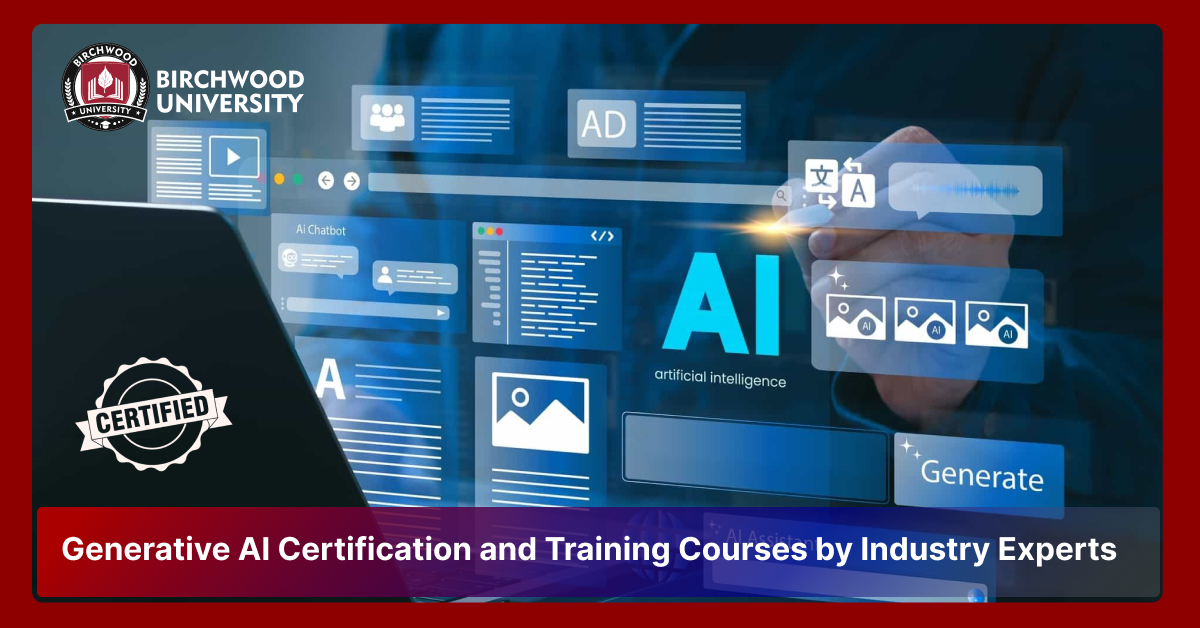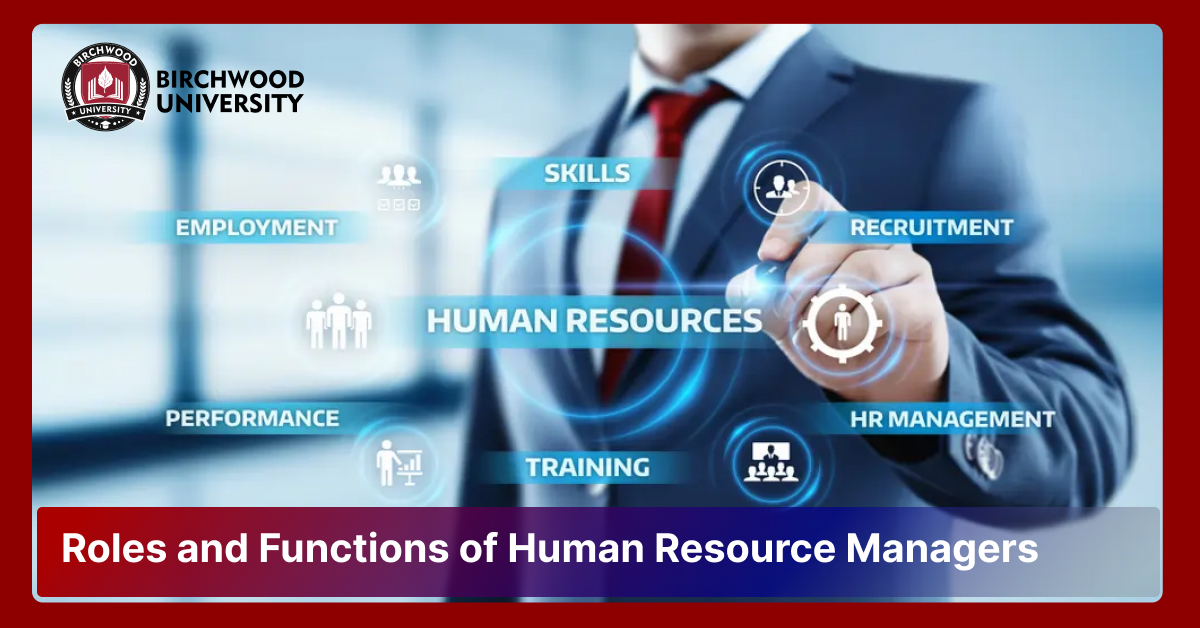How Agentic AI is Disrupting Leadership Roles and Strategy
Nov 17, 2025Agentic AI & Autonomous Business Decision-Making
In the past, artificial intelligence mainly worked as a tool. It facilitated activities such as calculations, data analyses, or the generation of dynamic reports. However, the emergence of a technology known as Agentic AI is causing a major shift in the business world; the way they use AI is entirely different. Agentic AI differs from traditional AI in that it can act, make decisions, carry out tasks, and even upgrade its abilities without the need for regular human intervention. An agentic AI could be compared to a digital employee or a digital manager that operates within the organization.
This change is having a significant impact on the way leaders work, managers handle their teams, and businesses plan their strategies. This article breaks down the concepts of agentic AI and self-governing business decision-making, describing how leadership roles are changing, the skills leaders of tomorrow will need, and how organizations can integrate AI without harming the environment or society.
What is Agentic AI?
Agentic AI is a type of artificial intelligence that is not only capable of understanding a task but also of planning, implementing, supervising, and changing its behavior accordingly. Earlier AI technology depended on humans to give direct commands. However, agentic AI can break down a significant objective into smaller ones and carry out those smaller objectives independently.
If a company is determined to improve its customer service, a traditional AI might be utilized to provide answers to customer questions. However, an agentic AI system can monitor customer complaints, identify recurring issues, suggest improvements, update responses, and even alert the management team if problems escalate. It is more like a new team member than a simple tool.
The agentic AI system is characterized by possessing the power to:
Interpret natural language goals.
Design the steps for carrying out the actions.
Communicate with software, APIs, and machines.
Choose actions according to the latest data.
Improve itself by learning from previous experiences.
As a result of these features, agentic AI is reshaping the business industry to become the primary agent of autonomous decision-making in companies. In this concept, AI participates in or completes tasks traditionally handled by human employees.
Why Agentic AI Is Turning Business Around
Agentic AI is a major factor in the changing business environment, simply because it alters the very essence of the work being done. For over a decade, enterprises have been reliant on human teams and manual processes. However, digital agents are now able to accomplish certain tasks in less time, more uniformly, and at a lower cost.
For instance, a marketing team could employ an agentic AI system to keep on running advertising experiments without interruption. Rather than waiting for team meetings or approval cycles, the AI analyzes performance, adjusts budgets, and selects the best-performing campaigns. The AI operates continuously, 24/7, without needing a break.
It is not the case that humans should be done away with. The case, however, is that there should be a partnership between humans and AI. AI handles monotonous tasks, whereas humans are engaged in creativity, ethics, strategy, emotional intelligence, and long-term planning.
This shift affects:
operations
finance
marketing
HR
supply chain
customer experience
product development
Agentic AI can enhance or accelerate every aspect of the business that is aligned with decision-making. Hence, it is imperative for the management to be acquainted not only with the working of the technology but also with its handling.
Read Also: What is the Difference between Generative AI and Agentic AI?
How Agentic AI Disrupts Leadership Roles
The concept of leadership is based on human intelligence, judgment, and coordination. Leaders, for instance, decide on the course of action, allocate tasks, and monitor performance. Some of these functions, as a result of agentic AI, are being automated.
1. Leaders evolve from being task managers to system managers.
In contrast to the traditional method of instructing employees what to do each day, leaders are now required to design the rules and ethical standards that govern the AI operation. They come up with guidelines such as
What tasks can AI handle?
What decisions require human approval?
How much budget can an AI agent spend?
How often should the results be audited?
Leaders move from supervising people to supervising systems.
2. Faster decision cycles demand new leadership behaviors.
AI agents are very efficient and quick. They are real-time operatives; hence, they adjust their functions immediately. Consequently, executives should not depend solely on monthly reports or quarterly reviews. They require real-time dashboards, ongoing monitoring habits, and the ability to make decisions more frequently.
Such an operation calls for different leadership skills of the leaders, namely, real-time sensemaking. Leaders must interpret the data quickly and guide AI systems with a well-defined strategic direction.
3. Leaders must understand both people and algorithms.
The focus of traditional leadership is on:
motivation
communication
culture
performance management
All these aspects are essential; however, leaders must also understand:
data quality
algorithmic bias
model drift
Risk in automation
digital workflows
This also doesn't imply that leaders must become programmers, but they must comprehend the behavior of agentic AI, why it makes confident choices, and how to guide it.
4. Leadership goes hybrid
A "hybrid leader" refers to a leader who manages both people and digital agents. Such a leader needs to learn about the division of labor, understand the best way for humans to collaborate with AI, and find ways to ensure that fairness, ethics, and trust are maintained even in a highly automated environment.
What is autonomous business decision-making?
In order to understand autonomous business decision-making, imagine a decision journey:
1. The first step is setting a goal.
2. Next, gathering information
3. Then making a decision
4. After that, carrying out a task
5. Results are measured.
6. Lastly, suggesting improvements
People were doing all these things in the past as well. Now, with agentic AI, the technology can undertake many steps (sometimes all steps) in the process.
Example 1: Autonomous Supply Chain Management
An agentic AI can anticipate the stock shortages, source new suppliers, negotiate prices (to a certain extent), place purchase orders, and update the inventory system automatically. The point is that it is not a direct replacement for a supply chain analyst but rather an assistant to a supply chain analyst who can perform mundane and repetitive tasks faster.
Example 2: Autonomous Marketing Optimization
Agentic AI is responsible for testing different versions of advertisements, analyzing user behavior, changing budget allocations, and stopping ads that are not performing as expected. As a result, this makes marketing more efficient and lowers costs.
Example 3: Autonomous Financial Forecasting
Agentic AI can monitor market changes, identify anomalies, revise forecasts, generate reports, and recommend strategies for risk mitigation. Such work is less labor-intensive, and, consequently, the teams have more time to engage in strategic decision-making rather than being occupied with their routine tasks.
What MBA Leaders Must Learn for the Future
Various MBA programs worldwide have begun to incorporate topics such as AI strategy, digital transformation, and data governance. However, agentic AI requires even deeper preparation.
1. Leaders must understand AI behavior, not code.
A leader does not need to be a developer. However, they must:
Grasp the decision-making process of agentic AI.
Discover the errors that might occur.
Recognize when AI is not behaving as expected.
Find out the reliability of the data.
Ensure that AI decisions align with the company's values.
This is referred to as AI literacy for leaders.
2. Leaders must set rules for responsible autonomy.
AI is not supposed to have full control over everything. Leaders must create boundaries:
To what extent is the risk acceptable?
Which decisions require approval from humans?
What type of data can AI use?
What is the highest spending limit for an AI system?
Such regulations serve as safeguards for workers, consumers, and the company.
3. Leaders must align AI goals with human goals.
AI always tries to deliver the best results based on the instructions it receives. When the objective is defined narrowly, the AI may behave in ways that harm the company. For example:
When AI is told to reduce expenses, it may cut essential services.
If AI is instructed to prioritize speed, it may proceed, disregarding quality.
In case AI is tasked with generating maximum revenue, it could insist on the use of unethical options.
It is essential to have clear and well-defined goals.
4. The leader must manage teams that include AI agents.
Hybrid teams consist of human employees and AI. Management should devise methods for delegating tasks to AI, supervising its work, and simultaneously maintaining employee trust in the team. Besides that, they must also safeguard human creativity and ensure AI is helping, not taking over, human capabilities.
5. Leaders must understand risk and build governance systems.
AI governance is made up of:
monitoring
audits
version control
security
fairness checks
responsible use policies
Without a doubt, a leader should be able to execute the safety governance framework system.
Ethical Challenges and Responsibilities
There are also ethical concerns regarding agentic AI. In the case where an AI system inflicts harm or acts unjustly, the question arises: who bears the responsibility? Leaders must take ownership of AI behavior. They should ensure fairness, transparency, and accountability.
Other concerns include
biased data leading to unfair outcomes
over-automation that frustrates customers
privacy risks
safety issues in high-stakes decisions
Implementing a responsible AI strategy is not only a matter of good ethics, but also sound business planning.
Conclusion
Agentic AI is reshaping business, speeding up their decision-making processes and improving efficiencies. At the same time, it demands strong ethics, governance, and oversight. Leaders of tomorrow—especially those with MBAs—need to be proficient in the responsible and sustainable use of AI agents.






